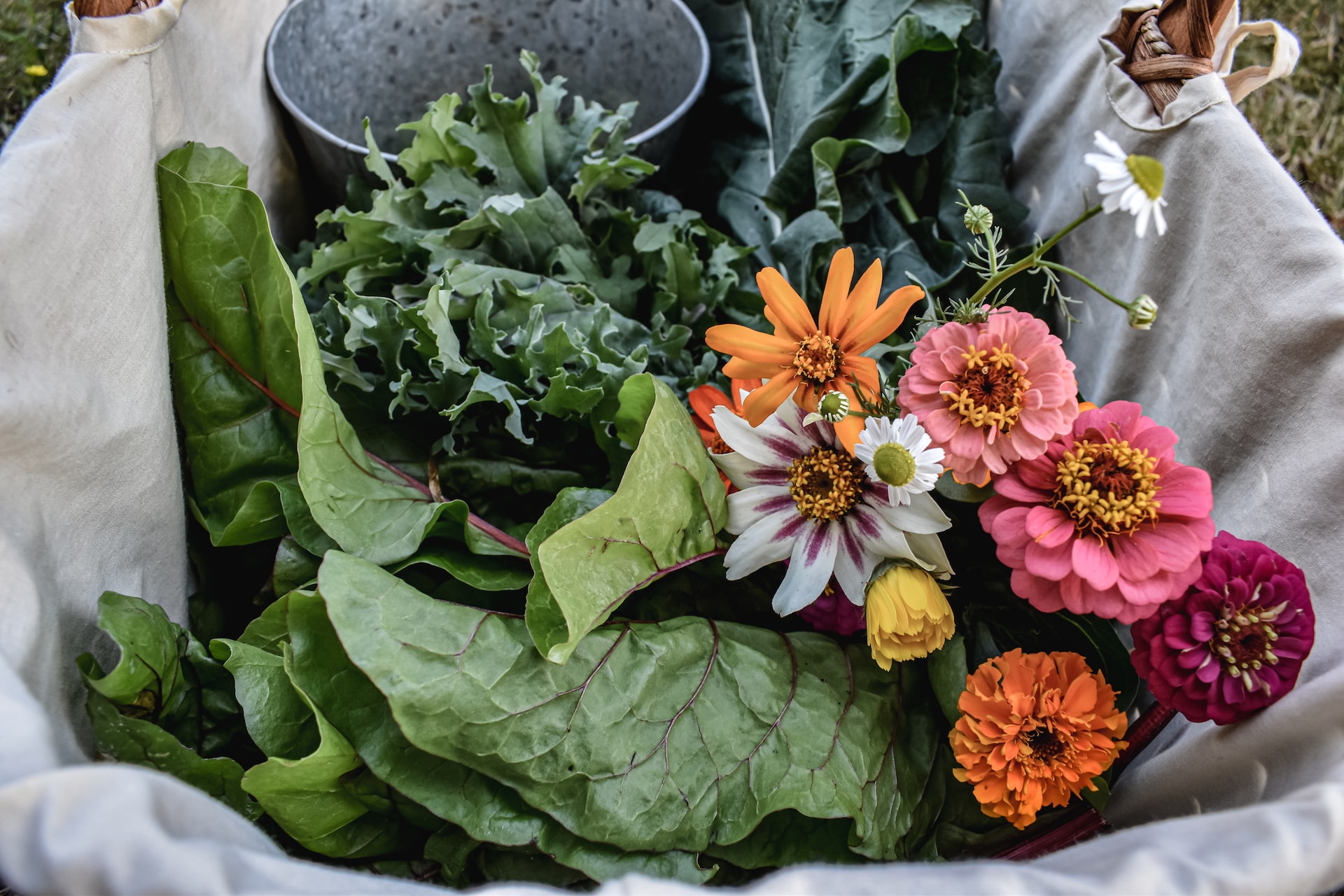
What Is Hobby Farming?
We are reader-supported. When you buy through links on our site, we may earn affiliate commission.
Whether you dream of raising backyard bees, picking homegrown tomatoes, or gathering fresh eggs in the morning, hobby farming is all about following a passion. Unlike homesteading — where the goal is to live a self-sufficient lifestyle — hobby farming is more of a fun thing to do on the side. You might not make money, but you will make memories.
How Many Acres Is Considered a Hobby Farm?
The average U.S. farm size is 445 acres, with 40.9% of farms earning $500,000 or more annually. Many hobby farms take up just a few acres, although some of them are much larger.
The true defining feature of a hobby farm is that you’re operating it for pleasure rather than making significant money from it. Therefore, if you have hundreds of acres but only use them to grow a few rows of corn, you probably have a hobby farm.
What Animals Can You Keep on a Hobby Farm?
Hobby farms are generally small. They also tend to be run by people who want a relaxing hobby rather than a demanding, difficult business that involves a lot of animal care and upkeep. Bearing these factors in mind, some of the best animals for hobby farming include:
- Goats
With goats, you get a lot of bang for your buck — no pun intended. Although many hobby farmers don’t keep bucks because of their aggression and strong odor, wethers — neutered male goats — and does are both great choices for small farms. They take up very little space, their manure makes great fertilizer, and they’ll happily help you clear brush from your property.
You can raise goats for meat, milk, or as pets. Bear in mind that goats are surprisingly loud, both in volume and frequency, so consider a different animal if you value peace and quiet!
- Rabbits
If you’re not keen on an animal that screams for attention, consider raising rabbits. These quiet pets make excellent companions, and many breeds also provide meat or mohair. They’re renowned for their fertile manure that makes a great addendum to a compost pile. They also take up much less space than most farm animals.
Raising backyard rabbits has low upfront costs, although you will need to invest in bedding, predator-proof hutches, water bottles, feed, and feeders. Rabbits are also not as cuddly or easily trained as some other farm animals, with many preferring the company of their own kind to human companionship.
- Chickens
About as low maintenance as they come, chickens are a great beginner animal for hobby farmers. Once you make it past the chick stage — during which the birds are notoriously vulnerable and needy — you’ll have hardy, long-lived animals that provide meat, eggs, and companionship.
Roosters are very noisy, but hens tend to only get loud for a few minutes after laying an egg. Many people keep only hens. Give them plenty of space to run, a healthy diet, and a secure coop at night, and you’ll have happy birds for years to come.
- Bees
Another animal that takes up little space is the humble honeybee. Apiculture is the art of beekeeping, and it meshes well with hobby farming — you don’t even need a fence to raise bees! Although you will ideally have a few acres of land in order to keep the beehives away from your house, you can also keep hives on a smaller property.
Before you buy a beekeeping suit and start planning what you’ll do with all the honey, make sure beekeeping is allowed where you live. Depending on how your property is zoned, there may be restrictions against it.
- Sheep
Sheep are relatively beginner-friendly livestock. They do need consistent upkeep as far as shearing and worming, but they don’t require nearly as much space as larger animals like cattle or horses. As grazers, they’ll also happily keep your grass short and give you manure in return.
It’s worth noting that sheep do have a strong odor, and, like goats, they can be rather loud. However, raising them for meat, wool, or companionship is very rewarding.
What Crops Can You Raise on a Hobby Farm?
Plants don’t usually have the stringent space requirements that animals do, so you can grow anything you want on a hobby farm! Some of the most beginner-friendly fruits and vegetables to grow are:
- Strawberries
Strawberries are easy to grow in containers or raised beds. They’re also versatile — you can enjoy them fresh, canned, as jam, or baked into desserts. Farmers generally plant strawberries in the spring or early fall, depending on their growing zone.
- Tomatoes
Juicy, homegrown tomatoes epitomize languid summer days spent outside. They grow well in small spaces and don’t require a lot of specified care. You should generally plant tomatoes in late spring or early summer, but in growing zone 10, they are a fall and winter crop.
- Garlic
Garlic is one of the easiest crops to grow. All it needs is loose, fertile soil, adequate moisture, and sunlight. You should plant it between four to six weeks before the ground freezes where you live. In the late spring or early summer, your garlic will be ready to harvest.
- Peppers
Growing peppers is a cinch. Interestingly, almost all domesticated peppers belong to just five species that gardeners have cultivated for variety. Plant your peppers in a sunny, well-drained spot and don’t overwater them. These tasty fruits — yes, technically, they are fruits! — enjoy warm temperatures between 70°F to 85°F during the day.
- Squash
Packed with flavor, squash is great in soups, rice bowls, and sautees. It’s also a very beginner-friendly vegetable to grow. Start planting squash two weeks after the last projected frost date for your region. You can start the seeds indoors to give your plants a fighting chance against insects and disease.
Can Hobby Farming Make Money?
By definition, a hobby farm usually doesn’t turn a profit. You may end up spending more on supplies, repairs, vet visits, and animal feed than you’ll get in return. However, that’s true of most hobbies, and the whole point of hobby farming is to bring a little — or a lot — of joy into your life. That can be worth much more than money.
So, no matter how much land you own, get out there and enjoy it in whatever way you please. Your dream hobby farm awaits!
Share on
Like what you read? Join other Environment.co readers!
Get the latest updates on our planet by subscribing to the Environment.co newsletter!
About the author

Steve Russell
Steve is the Managing Editor of Environment.co and regularly contributes articles related to wildlife, biodiversity, and recycling. His passions include wildlife photography and bird watching.





